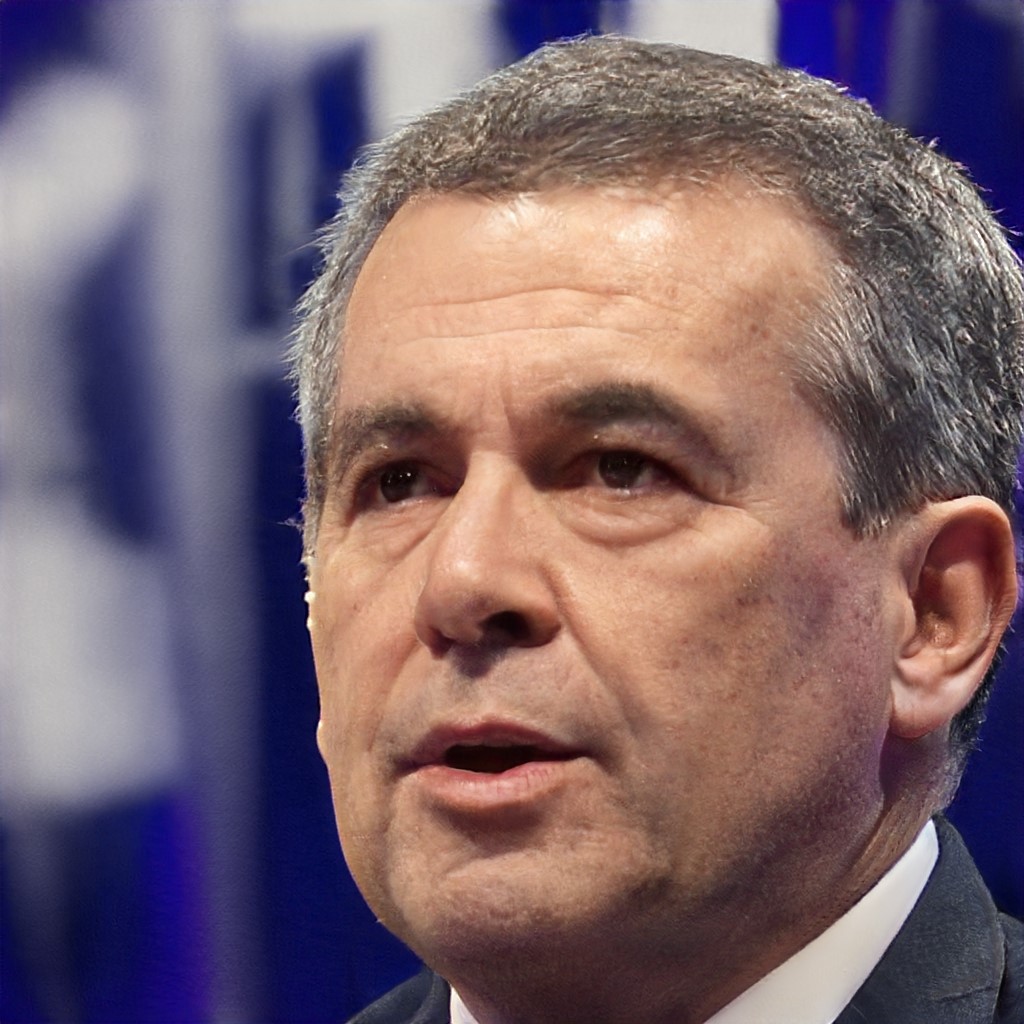Now Reading: Beyond the Crash Site: Untangling the Web of Psychological Trauma After a Truck Accident
-
01
Beyond the Crash Site: Untangling the Web of Psychological Trauma After a Truck Accident

Beyond the Crash Site: Untangling the Web of Psychological Trauma After a Truck Accident
The Obscure Mental Scars Left in the Wake of Truck Accidents
In the realm of truck accidents, we often fixate on the visible wreckage – the twisted metal, shattered windows, and the physical injuries that result. However, what escapes our immediate scrutiny is the enigmatic world of psychological trauma that can linger far beyond the moment of impact. Survivors, witnesses, and even first responders can find themselves ensnared in the intricate tendrils of emotional upheaval that might remain concealed for years on end.
Navigating the Labyrinth of Post-Traumatic Stress Disorder (PTSD)
Truck accidents frequently sow the seeds of Post-Traumatic Stress Disorder (PTSD) within those involved. These collisions, abrupt and brutal, can leave indelible scars on the psyche. Survivors often find themselves ensnared by haunting flashbacks, relentless nightmares, and an ever-present specter of anxiety. Such symptoms, akin to emotional landmines, have the potential to detonate at any moment, disrupting the fabric of daily life and making the mere thought of sitting behind a steering wheel an insurmountable ordeal.
Journeying through the Abyss of Depression and Anxiety
In the aftermath of a truck accident, depression and anxiety are frequent companions. The trauma etched into the mind during the accident can give rise to profound feelings of despair, a perpetual melancholy that casts a long shadow over one’s existence. Anxiety takes root, with ceaseless fretting about the prospect of future accidents or the dread of reliving the harrowing incident.
The Albatross of Survivor’s Guilt
Survivors of truck accidents can bear the heavy cross of survivor’s guilt, particularly if others involved were not as fortunate. This suffocating guilt wraps its tendrils around the psyche, leading to self-recrimination and an overwhelming sense of responsibility for the tragedy that unfolded.
Phobias and the Ostracism of Driving
It is not unusual for survivors of truck accidents to develop profound phobias related to driving or a visceral aversion to vehicles altogether. The specter of returning to the open road becomes a paralyzing specter, encumbering one’s ability to lead a semblance of a normal life.
Crafting a Lifeline Through the Maze of Psychological Trauma Post-Truck Accident
Navigating the treacherous waters of post-truck accident psychological trauma is akin to embarking on an arduous odyssey. Yet, within this labyrinth, there exist strategies and resources that offer a lifeline for survivors seeking to reclaim mastery over their lives.
The Luminance of Professional Aid
Engaging the services of a qualified mental health professional often constitutes the most efficacious approach to addressing trauma. Therapists wield an arsenal of therapeutic techniques, including the cerebral ballet of cognitive-behavioral therapy (CBT) and the sensory symphony of eye movement desensitization and reprocessing (EMDR). These tools aid individuals in processing and managing the churning maelstrom of trauma.
Community Amidst Chaos: The Role of Support Groups
Immersing oneself in a support group tailored to survivors of truck accidents can furnish a sense of belonging and empathy. Sharing experiences and coping strategies with fellow travelers on this harrowing journey can serve as a potent balm for the soul.
Tending to One’s Inner Sanctum: Self-Care Rituals
Participating in self-care rituals, including the art of mindfulness, the sanctuary of meditation, and the crucible of physical exercise, can provide solace in the midst of chaos. These activities not only nurture emotional well-being but also hold the potential to expedite the healing process.
The Legal Scaffold: Unearthing Negligence Through Truck Accident Laws
Beyond the realms of emotional convalescence, it is imperative to confront the legal facets of a truck accident, especially when negligence stands as a sentinel. Truck accident laws, disparate in their nuances across jurisdictions, converge on the quest to assign culpability and establish the architects of misfortune.
In the pursuit of justice and restitution for the psychological torment sowed by a truck accident, it is incumbent upon the affected to consult a seasoned attorney, an adept navigator of the labyrinthine realm of personal injury cases. These legal minds wield the sword of truck accident laws to unearth negligence on the part of the truck driver, the trucking company, or any other stakeholders entwined in the calamity.
Demonstrating negligence often involves the unmasking of breaches of duty, their orchestration leading to the accident and the ensuing trauma. This can span transgressions such as flouting traffic edicts, succumbing to driver fatigue, or perpetuating inadequate vehicle maintenance.
The attorney orchestrates a symphony of evidence, conducts interviews with witnesses, and collaborates with experts to construct a robust case. The fruition of this legal endeavor can yield compensation for medical expenditures, therapy outlays, forfeited wages, and the torment endured – critical reparations in the quest to recapture dominion over life after a traumatic ordeal.
Conclusion
Truck accidents transcend the purview of catastrophic events that transpire on the asphalt. They are the crucibles that forge deep psychological scars, requiring time and effort to mend. Acknowledging the obscured trauma that accompanies these calamities is an imperative shared by survivors and their kin. Embracing the solace of professional guidance, the fellowship of support groups, and the sanctuary of self-care rituals constitutes the path to recovery.
Additionally, discerning and invoking the tenets of truck accident laws to unveil negligence can provide a beacon of justice and financial restitution to illuminate the path toward healing. If you or someone you hold dear has grappled with the psychological aftermath of a truck accident, remember that assistance awaits – both in the form of emotional succor and legal redress. Recovery, though labyrinthine, remains an attainable horizon, and solitude need not be the companion on this odyssey.











